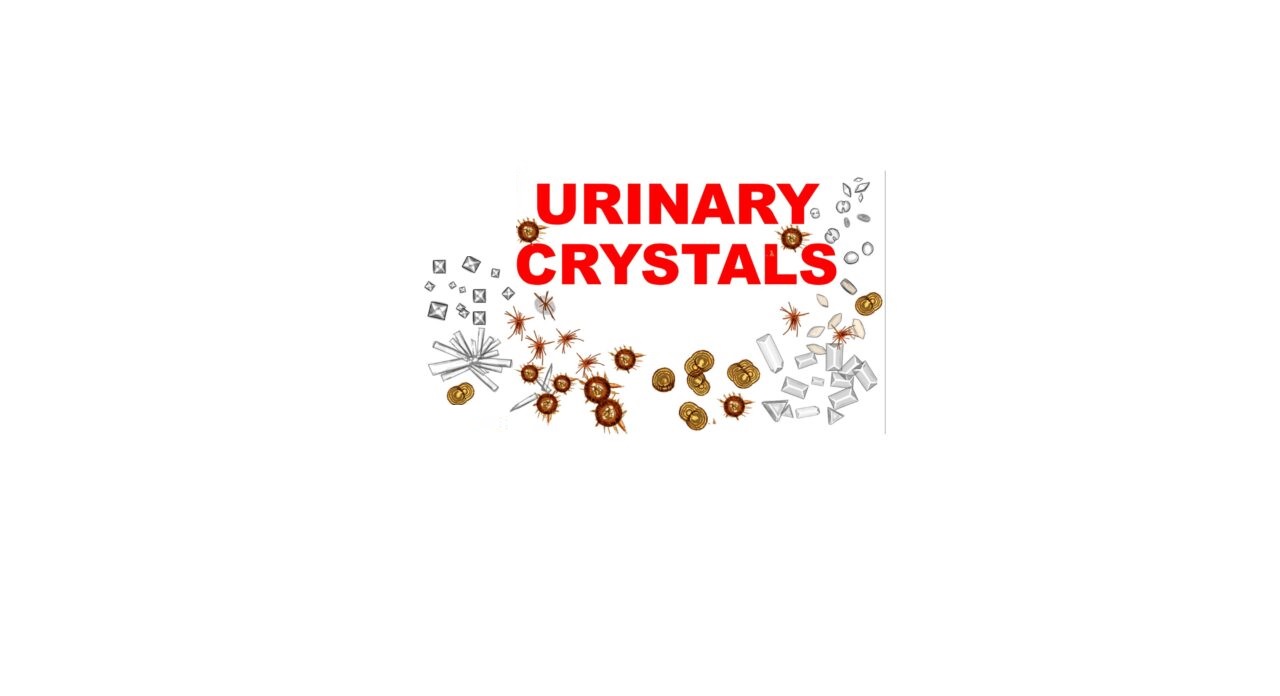When you think about your urinary system, you probably don’t think about crystals. But the truth is, crystals in urine are actually quite common and usually nothing to worry about. However, in some cases, they can be a sign of an underlying kidney problem. Let’s take a closer look at what crystals in the urine are and what they could mean for your health.
What Causes Crystals in Urine?
There are many different types of crystals that can form in urine, but the most common type is oxalate. Oxalate is a substance that is found in foods like spinach, rhubarb, and chocolate. It’s also produced naturally by your liver.
Usually, your kidneys are able to filter out oxalate and other substances that don’t need to be in your urine. But sometimes, if there is too much of a substance like an oxalate in your urine, or if your body is not able to get rid of it fast enough, crystals can form.
Certain health conditions can also increase the risk of crystal formation. For example, dehydration can concentrate the substances in your urine and make it more likely for crystals to form. People with diabetes or high blood pressure are also at increased risk because these conditions can damage the kidneys and make it harder for them to do their job properly.
What Do Crystals in Urine Mean?
In most cases, crystals in the urine are nothing to worry about and will go away on their own. However, if you have a lot of crystals or you have them frequently, it could be a sign of an underlying kidney problem.
If you’re concerned about the frequency or amount of crystals in your urine, talk to your doctor. They may recommend some lifestyle changes or medication to help prevent future episodes.
How to identify
Your doctor may also order an imaging test such as an x-ray or CT scan to get a better look at the stones. Treatment for Kidney StonesTreatment for kidney stones depends on the size and location of the stone as well as the severity of your symptoms.
Smaller stones may pass on their own without treatment within a few days or weeks while larger ones may require medication or surgery to remove them. In some cases, drinking plenty of fluids and avoiding certain foods may help prevent new stones from forming.
Endnote
While crystals in the urine are usually nothing to worry about, in some cases, they can be a sign of an underlying kidney problem. If you’re concerned about the frequency or amount of crystals in your urine, talk to your doctor so they can rule out any potential health problems. Making some lifestyle changes—like drinking more water—can also help prevent future episodes of crystal formation.


